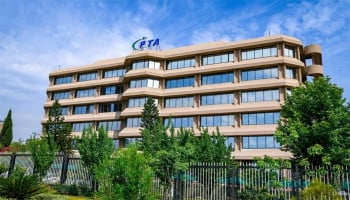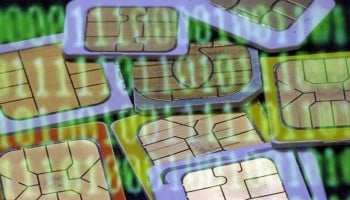
With the Pakistan government all set to implement its own constituted five-year economic plan to propel the country's IT sector to help its economy generate $1 trillion, some of its primary objectives are believed to be unattainable without defusing the internet firewall.
Called 5Es National Economic Transformation Plan (2024-29), the plan was developed by the incumbent government and found the one drafted by a UK-based professor Stefan Dercon's "home-grown" economic plan unreliable.
One of its key goals is boosting IT and freelancing exports by $5 billion by 2029, which is likely to add to the $60 billion target for overall IT exports. However, achieving this feat seems very unlikely in view of the current IT policies, including the installation of an internet firewall, which has badly affected the IT sector's growth.
"Most leading digital economies focus on expanding digital infrastructure and ensuring connectivity. It's an anomaly to see an advanced digital economy hindering itself by taking people offline," said Daniel Castro, Vice President of the US-based Information Technology and Innovation Foundation.
He added, "Internet shutdowns, whether lasting hours or days, impact specific services and impose significant economic costs."
With the E-Pakistan plan, the Shehbaz Sharif-led government aims to produce 75,000 IT graduates annually, expand mobile phone users to 192 million, and increase broadband subscriptions to 135 million.
Other prospects sought from the 5Es plan include the establishment of over 100 software technology parks and boosting IT exports by 178%.
On top of it, one of its most ambitious goals is to create a unicorn company valued at $1 billion, which no other Pakistani company has yet accomplished.
The government is willing to have 100 million next-generation mobile subscribers, with 10% using 5G technology.
Much of these objectives are directly linked to a VPN-free, uncontrolled social media space and a shift from a security state to a rule-based democratic society to allow the concerned sector to foster.
















